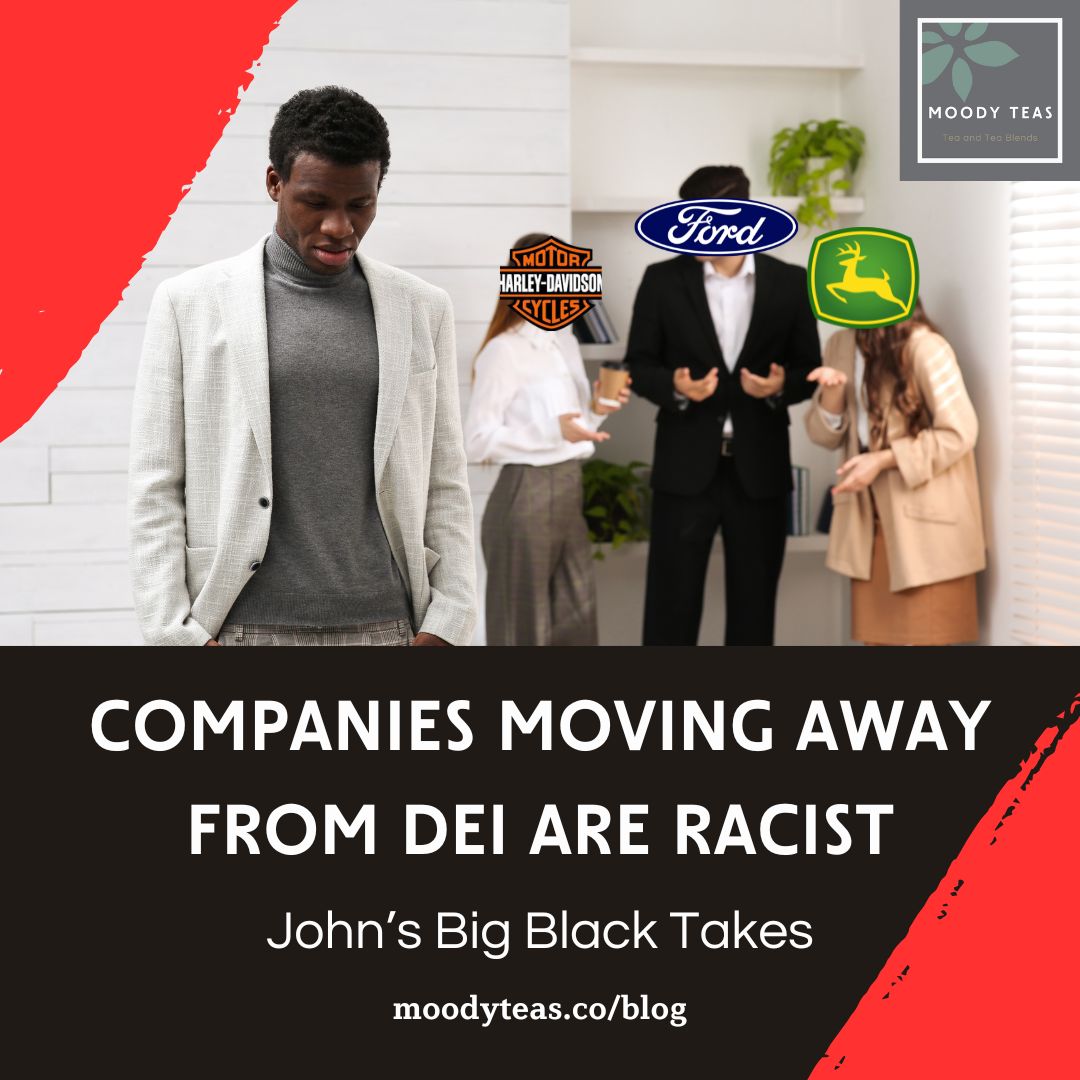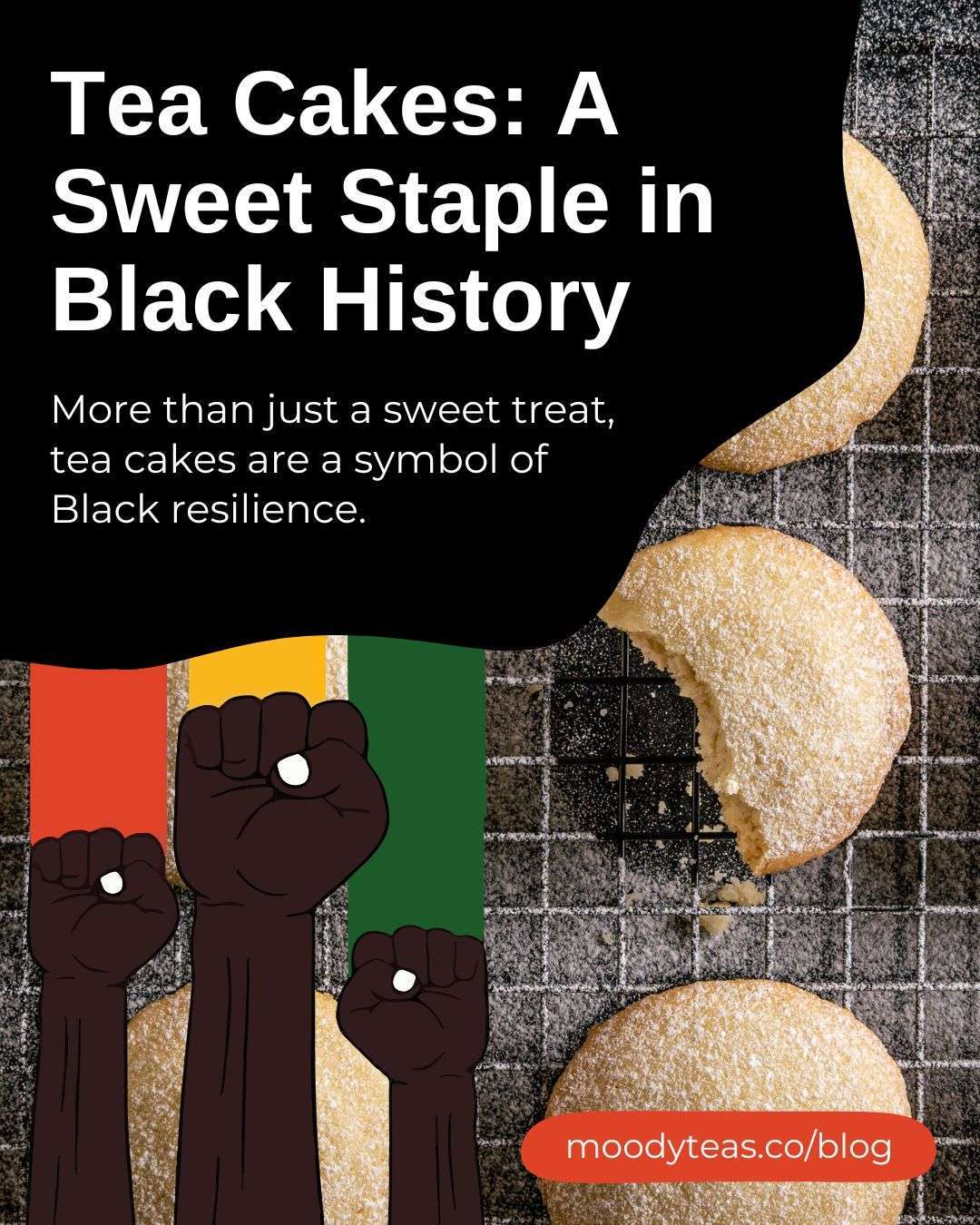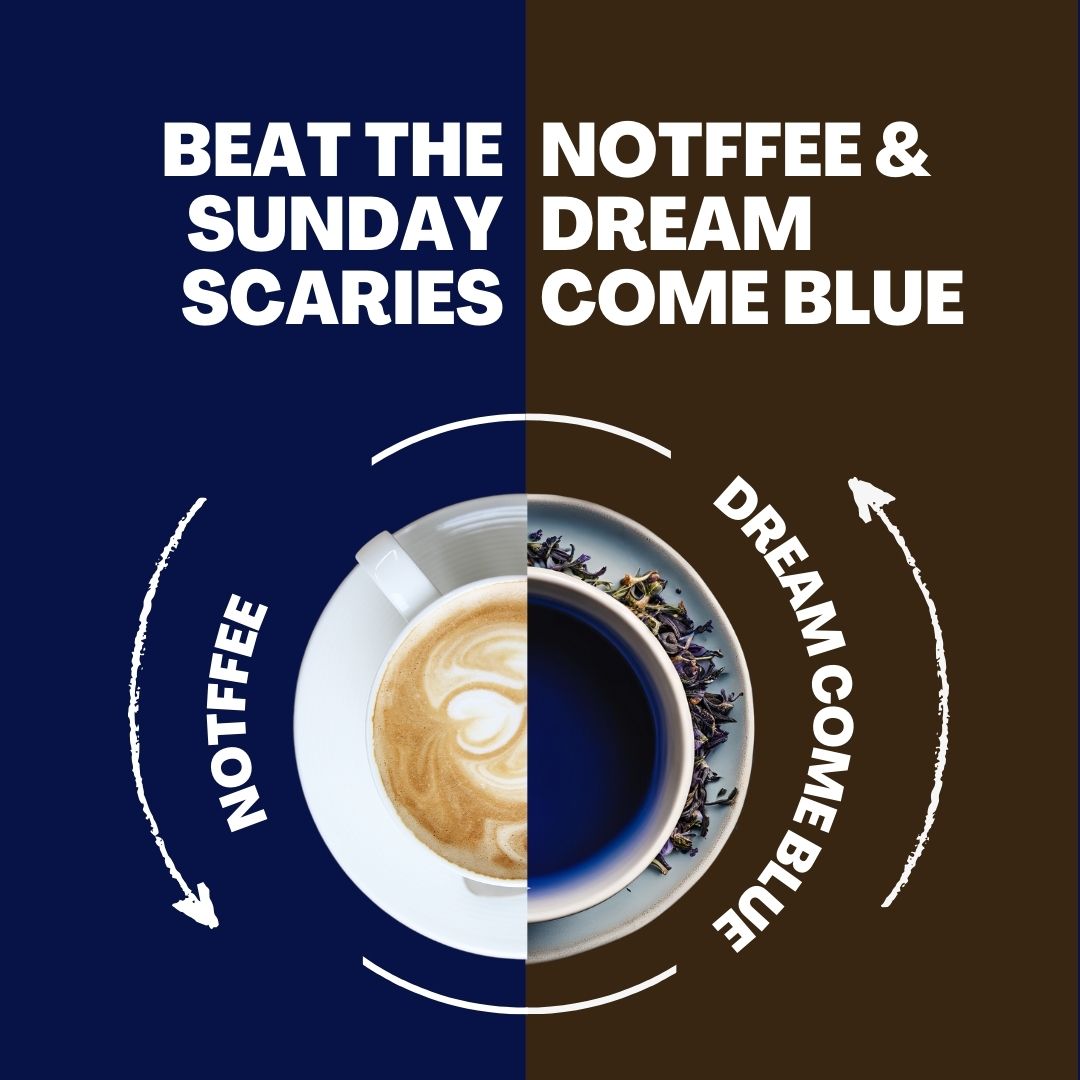It was only a few years ago that corporate America made a fervent commitment to Diversity, Equity, and Inclusion (DEI). CEOs issued lofty promises of racial justice, putting out statements on Black Lives Matter and committing to significant financial contributions for equity initiatives. But those headlines have since faded. The energy once driving DEI forward has quietly dissipated, replaced by news of budget cuts, layoffs, and economic pressures that all seem to bear one consistent target: DEI programs.
To many, this may appear as a simple restructuring—a business decision made in the face of difficult economic times. But for those of us who understand the systemic barriers we face, it feels like something else entirely: a retreat into the comfortable shadows of exclusion. A silent affirmation that the corporate pursuit of equity was never sincere to begin with.
The Illusion of Progress
In 2020, I watched from the vantage point of a small Black-owned business as larger corporations scrambled to respond to the racial reckoning gripping the nation. Moody Teas, the business I founded with a commitment to inclusivity and transparency, saw firsthand how deep-rooted the need for equity was in communities. At the time, it seemed like a collective awakening—a realization that equity wasn’t a luxury but a necessity for all sectors of society. And yet, as the months passed, the fervor of these DEI initiatives began to wane. The once-radical idea of dismantling the structures that perpetuated inequality was quietly replaced by half-hearted “progress” reports and token diversity hires.
What we’re seeing now isn’t just the natural life cycle of a corporate trend. It’s a reversion—a retreat from a space that was always uncomfortable for those who didn’t have to live with the weight of systemic inequity. The initial wave of DEI programs, with their public commitments and high-profile hires, gave many companies a sheen of morality. But when equity became too inconvenient or expensive, it was, unsurprisingly, the first initiative to be scaled back. To abandon DEI now is to send a message that equity and inclusion were never seen as long-term values, but rather as short-term, performative acts of virtue signaling.
The Comfortable Exclusion of Silence
In the corporate halls of America, silence often does as much damage as explicit exclusion. When companies scale back DEI efforts, they may not say aloud that they are prioritizing their bottom line over equity. They don’t need to. Their actions speak clearly enough. The implicit message is that people of color, women, LGBTQ+ individuals, and other marginalized groups are, once again, expendable.

Ford, John Deere, Lowe’s, and Harley-Davidson are among the corporations recently scaling back DEI initiatives. According to The Advocate, these decisions come in response to political pressure from right-wing groups, but the deeper implication is clear: corporate America has retreated into its comfort zone. By prioritizing profit over progress, these companies are signaling that equity isn’t a core value, but a convenience—one easily discarded when external pressures arise.
But this isn’t just about money. This is about what businesses believe and who they are. When DEI is seen as a cost rather than a core value, it reveals something uncomfortable: many companies were never committed to these values in the first place. They were merely ticking a box, and the moment that box became too heavy, they put it down. In doing so, they perpetuate a system in which people like me—Black business owners, employees, and customers—are constantly reminded of our place on the margins.
For Moody Teas, DEI isn’t an added bonus; it’s an existential necessity. Our customer base is diverse, our product is rooted in the ethos of inclusivity, and our business practices reflect a commitment to transparency and equity. We thrive because we believe in a world where diversity isn’t just acknowledged but celebrated. Yet, as larger corporations turn their backs on DEI, they simultaneously turn their backs on businesses like mine, leaving us to carry the weight of these values without the resources and scale they possess.

The Myth of Economic Necessity
Companies like to present their decisions as matters of necessity. There’s a recession looming, they say. Layoffs are inevitable. DEI, while important, is simply a luxury we can no longer afford. But this reasoning is hollow. The truth is, for companies making billions in profits, these cutbacks have little to do with economic survival and everything to do with convenience.
Moody Teas is not a large corporation. We do not have shareholders to answer to or an army of public relations experts. But we’ve made it work. Even in a tough economic landscape, we understand that DEI isn’t something you discard when times get hard. It’s something you lean into. It’s a source of strength, resilience, and creativity. If we can do it, what excuse do the Goliaths of corporate America have?
Performative Activism: The New Corporate Racism

For many of us in the Black community, there’s a sense of déjà vu. We’ve seen this before—the rush to fix things, followed by the quiet undoing of those efforts. Recently, companies like Ford, John Deere, Lowe’s, and Harley-Davidson have made headlines for cutting back or completely abandoning their DEI initiatives. According to The Advocate, these moves come in response to political pressure, but they ultimately underscore a deeper issue: companies are willing to prioritize financial convenience over the pursuit of equity.
But today, the racism we face in the workplace is often subtler, more insidious. It wears the mask of “cost-saving measures” or “strategic refocusing.” When companies dismantle DEI programs, they aren’t simply making a fiscal choice; they are, in effect, preserving the status quo that has long disadvantaged marginalized groups. It is racism—dressed up in the language of finance, but racism nonetheless.
We must be honest about this. We must name it for what it is.
Equity Is Not Optional
The decision to abandon DEI is more than a business decision; it’s a moral one. It speaks to a deeper issue about whose voices are considered valuable in the workplace and whose are not. For marginalized employees, the dismantling of DEIefforts tells us, in no uncertain terms, that we are no longer a priority—that our struggles, our need for equity, and our calls for justice are dispensable.
The fight for equity is not something that can be paused, postponed, or budgeted away. It’s a constant, ongoing struggle. At Moody Teas, we understand that equity isn’t a trend to follow; it’s the foundation on which we build our business. Our customers come to us not just for the tea we blend but for the environment we create—one that’s welcoming, inclusive, and deeply committed to the principles of DEI.
The truth is, companies that abandon DEI are making a statement about their values. They are choosing exclusion over equity, comfort over progress. And in doing so, they are embracing a legacy of racism that runs deep in the veins of corporate America.
The Way Forward
What we need now is not another wave of performative activism or empty corporate promises. We need sustained, systemic change. We need businesses that don’t see DEI as an optional add-on, but as an essential element of their identity. If we’re serious about creating equitable workplaces, companies must commit to DEI not just in good times but in challenging ones as well.
For Moody Teas, this isn’t just a business choice—it’s a matter of survival. And the same is true for millions of marginalized employees across the country. The fight for equity continues. The question is, will corporate America have the courage to stand on the right side of history?






